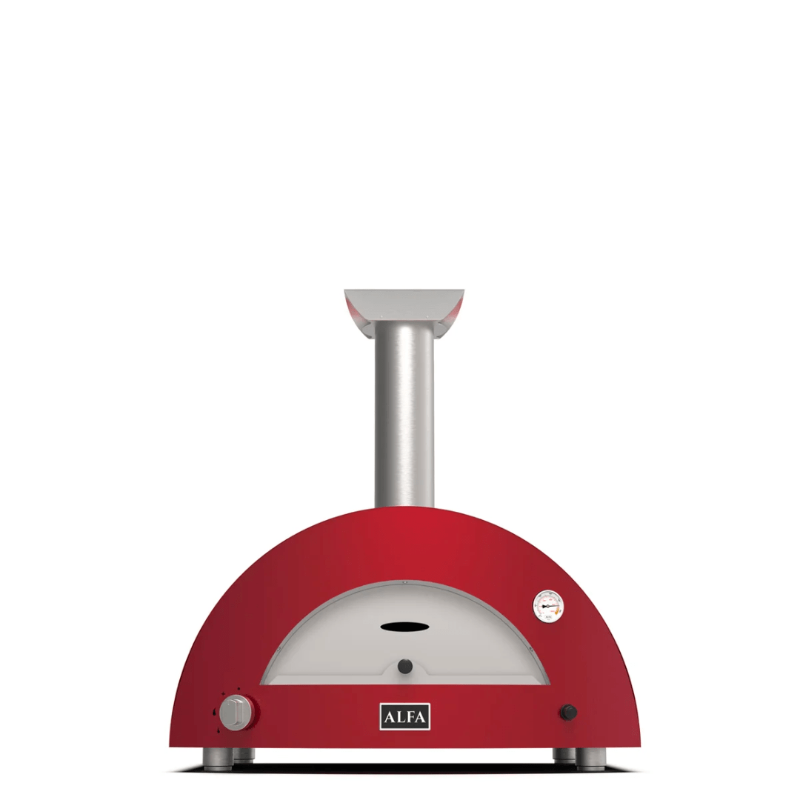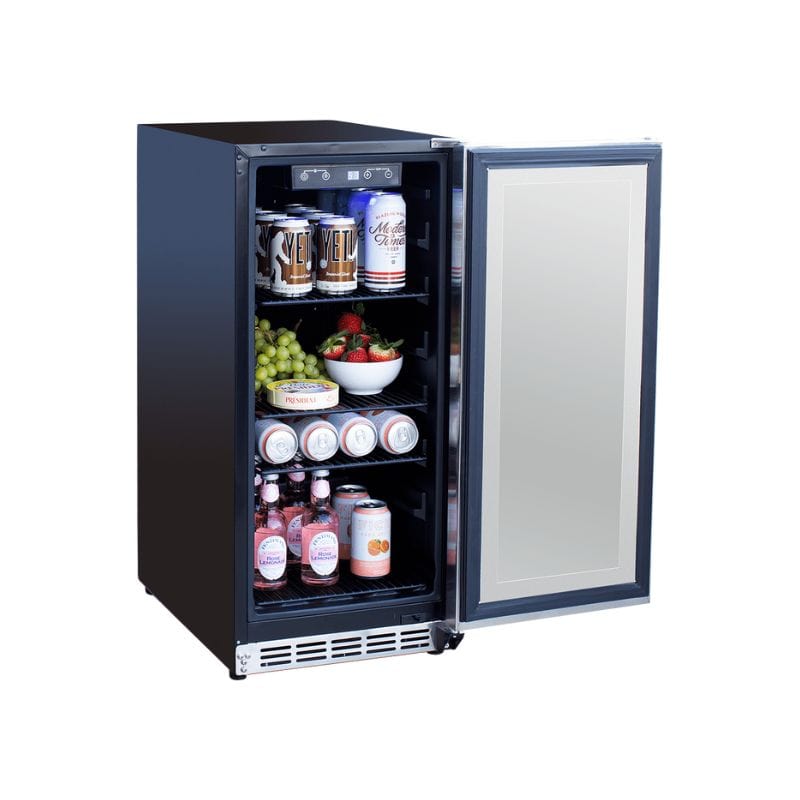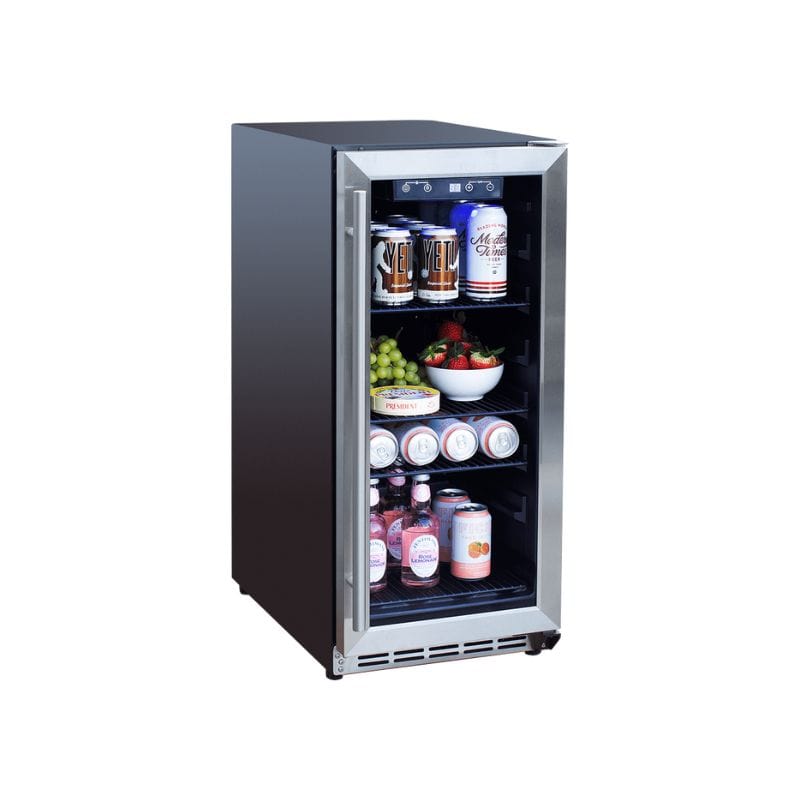Visualize yourself moving through an energetic lane graced by a variety of natural colors, healthy and organic products. The air is fresh and is full of the fragrance of freshly baked whole grain bread, as well as the soft buzz of friendly conversations. This is not a picturesque scene from a local farmers' market; neither is it a typical scene.

The Rise of Health Food Stores
The whole food outlet had a steep rise in popularity over the last decade. The main reason for this success is the increasing awareness of the diet-to-overall-health link by the public. More and more people conscious about the foods they are eating are now searching for organic, locally grown, and natural fresh foods. Consequently, an increase in demand for these products has been registered.
The clients of these stores are from all walks of life. They include not only athletes and health activists but also people with dietary problems. Health food stores carry products that are not ordinarily found in supermarkets, so they are vital resources for people on specialized diets or with dietary sensitivities. Options like Carnivore Snax cater perfectly to those following high-fat, low-carb diets, offering clean, satisfying snacks made from just meat and salt.
A Treasure of Nutritious Recommendations
The main strength of health food stores is that there is a wide variety of healthy options for consumers to choose from. There is a plethora of organic fruits and vegetables, which are picked from the local farms and offered to the customers. These products are always fresher and tastier as they are usually ripe when harvested and are not transported for long distances.
Health food stores also have in stock, other than fresh fruits and vegetables, a wide variety of whole grains, nuts, seeds, and legumes. These foods are more nutrient-dense and can be combined in bulk quantities, which allows the customer to use the usage they have exactly and eliminate any additional shipping material.
Specialty Products for Every Diet
Health food stores are like pubs to those following specific meals. Vegetarians and vegans can find a large variety of plant-based proteins, dairy alternatives, and meat substitutes—perfect for creating delicious plant-based pizzas with unique recipes and toppings. For the gluten-free group, the stores have a wide range of wheat-free products that include bread, pasta, baking mixes, and snacks.
They also store the products for the people who follow low-carb, keto, or paleo diets and those products that coincide with these plans are available. Health food stores have a variety of ingredients that are difficult to find elsewhere, such that when bulked, they do not alter the taste or nutritional content.
Supplements and Natural Solutions
Health food stores usually feature huge supplement aisles that provide vitamins, minerals and even herbs. The reasoning for that is obvious, people should first talk to healthcare professionals, and then ask about the products they are interested in. Employees in these stores often have good information about health and well-being, thus they provide content on different products and their pros and cons.
Health food stores are also the places where customers can find natural remedies and products for alternative medicine. One may find essential oils, homeopathic medicines, and traditional herbs in these stores that are good for customers besides the conventional drugs.

Products for an Eco-Friendly and Stable Life
Health food stores are more than just food stores, they also offer different eco-friendly and sustainable household products. Some of the eco-friendly products that people can find in these stores are natural cleaners, reusable food storage containers, and degradable personal care items. Sustainability that is aimed at the environment aligning with the aims of health-conscious consumers seeking to reduce their environmental footprints makes this an attraction for both consumers and the local business.
Support of Local Economies
One of the strategies employed by health food stores to support environmental conservation is to prefer the buying of the goods from local farmers and producers. This dual benefit ensures the products are fresh and go more to local people, thus reducing the carbon footprint caused by long transportation. By supporting the stores, they become part of the economic activity in their community while also taking good care of themselves.
Assessing the Cost and Being Accessible
Notably, health food stores may be costlier for certain products than supermarkets. But, they work ardently to provide customers with the most competitive pricing on mainstay food items. Additionally, buying in bulk can save a customer lots of money in the long run.
Since the demand for organically grown food has risen, many supermarkets selling organic products are now beginning to stock those products. This increased competition has in turn resulted in a dramatic decrease in the prices of these products
Conclusion
Local health food stores occupy a crucial position in advocating health and sustainability within societies all over the world. They present a wide range of nourishing dietary options, cover specific dietary needs, and impart helpful knowledge and support to their clients. The increase in the number of people recognizing the importance of a balanced diet in maintaining good health means that these nutrition stores will indeed continue to serve as basic providers.
By supporting their local farms, the consumers, besides ensuring their own health and well-being, are also paving the way for a more sustainable and a supportive food environment. Whether someone is just taking the first step to have a healthier lifestyle or a long-time health food advocate, his local Melbourne health foods store is just what he needs in his wellness journey.





















